Have you ever wondered why your cat sometimes hides under the bed or seems on edge for no clear reason? The answer might surprise you: cats are creatures of habit, and a predictable routine is their secret recipe for happiness. Creating a daily structure for your feline friend isn’t just a luxury—it’s a necessity. When cats know what to expect, their world feels secure, and their unique personalities shine. This guide unravels the steps to building a daily structure that transforms your home into a safe haven, packed with warmth, comfort, and little moments of joy for your beloved cat.
Understanding Why Routine Matters for Cats

Cats are natural-born planners even if they don’t carry calendars. In the wild, their ancestors survived by sticking to routines—hunting, exploring, and resting at predictable times. Domesticated cats still crave this sense of order. Without a reliable routine, cats can become anxious, withdrawn, or even act out with unwanted behaviors. When life feels too unpredictable, a cat’s sense of safety crumbles. Structure soothes their worries and reassures them that their needs will always be met. Recognizing this deep need is the first step in making your cat feel truly at home.
The Power of Predictable Feeding Times
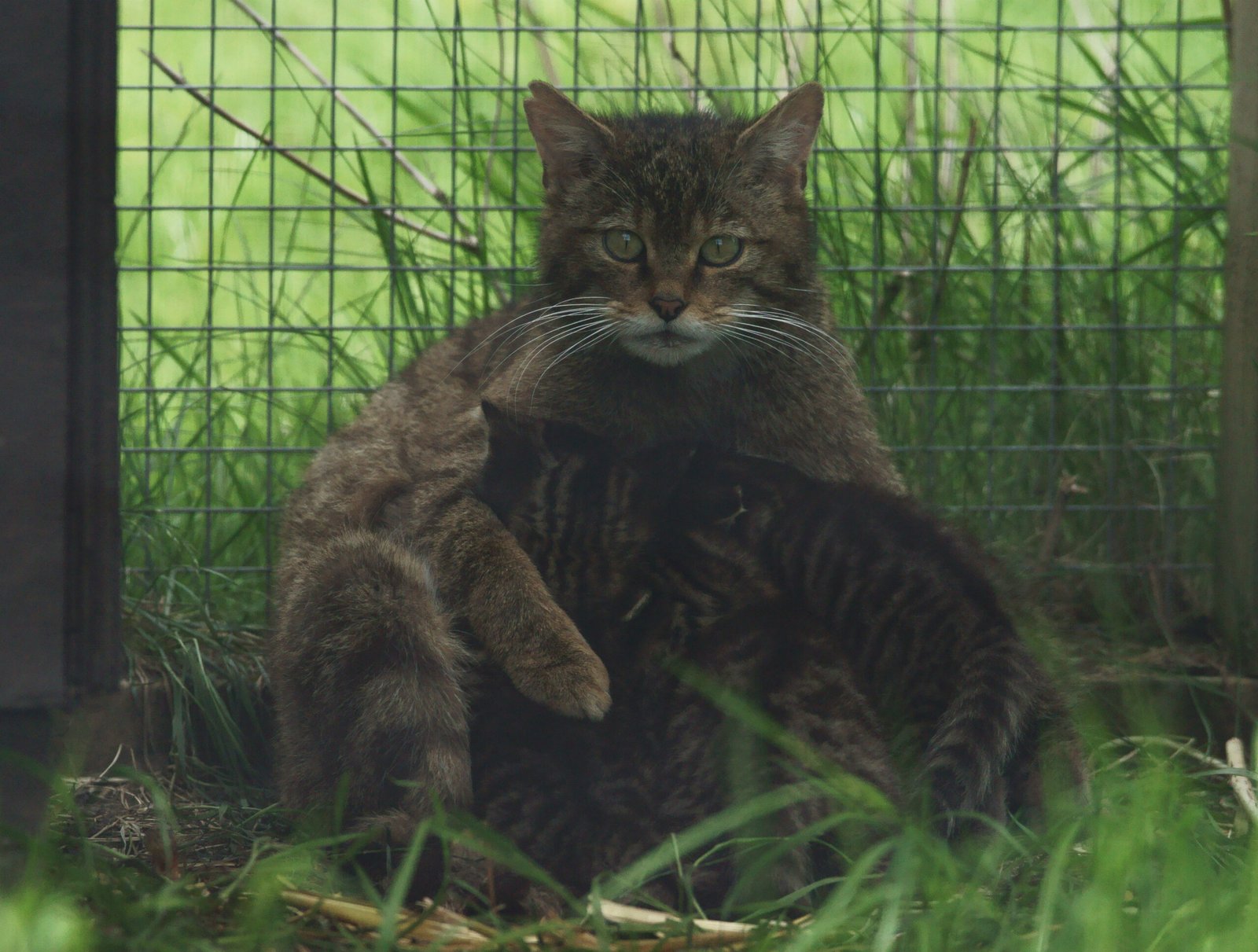
Imagine waiting hours for your next meal, unsure when it will arrive. That’s how cats feel without set feeding times. Scheduling breakfast and dinner at the same times each day sends a powerful message: you can trust that food is always coming. This simple act can ease anxiety and even prevent health problems related to overeating or under-eating. For multi-cat homes, feeding routines also reduce competition and squabbles. Consistency is the magic ingredient—meals arriving like clockwork transform eating into a calming ritual.
Setting Up Safe Spaces for Rest

Every cat needs a sanctuary—a place where they can retreat and feel untouchable. Safe spaces can be as simple as a cozy bed in a quiet corner or a high perch overlooking the room. What matters most is that these spots are always available and undisturbed. Creating these havens helps your cat decompress from the hustle and bustle of household life. Over time, your cat will associate these areas with peace, making them essential to their daily routine and emotional health.
Designing Daily Playtime Sessions
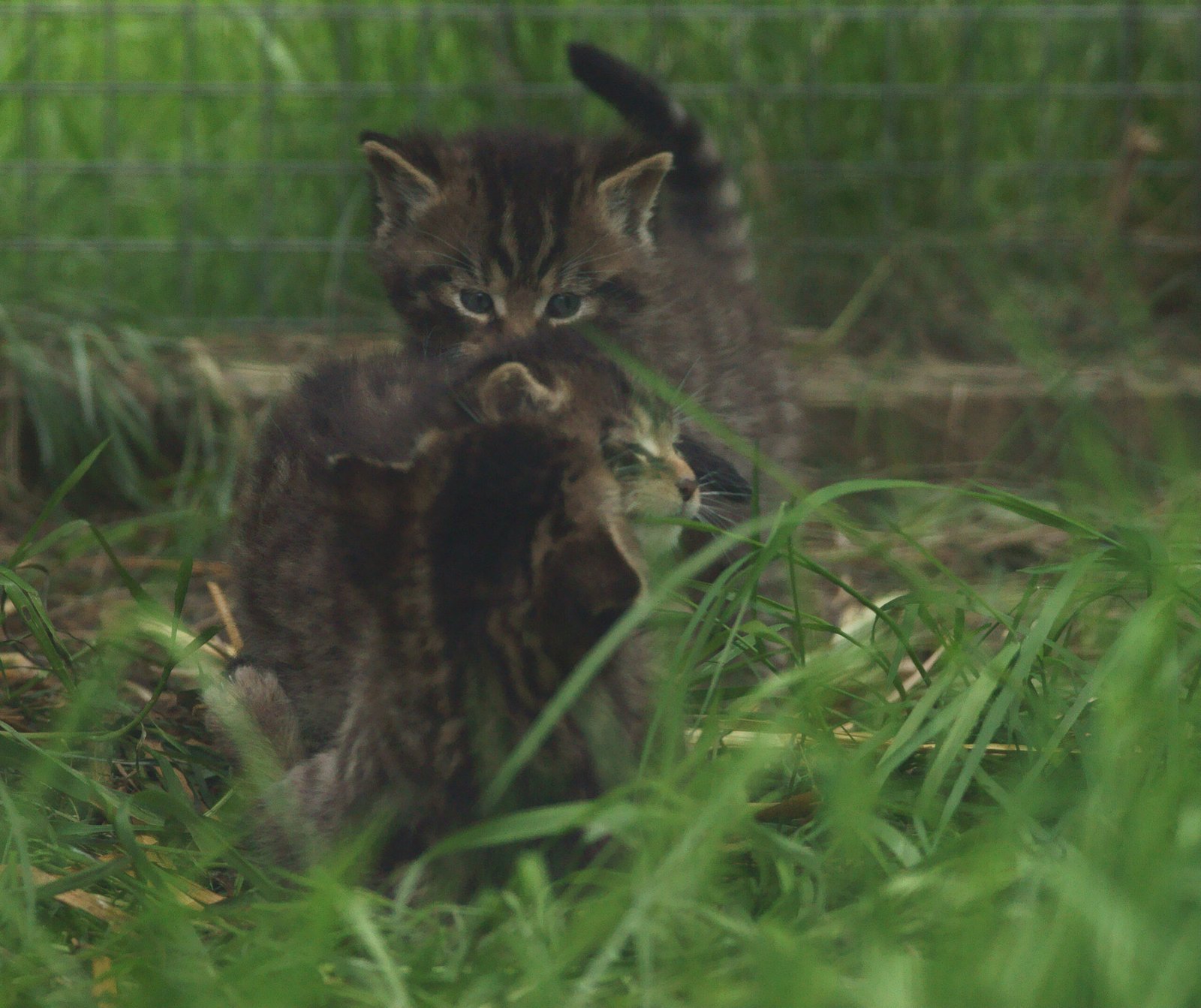
Play is more than fun for cats; it’s a vital outlet for their hunting instincts. Scheduling interactive play sessions each day gives your cat something to look forward to and channels their energy in positive ways. Wand toys, laser pointers, and feather teasers mimic prey, keeping your cat mentally sharp and physically active. When playtime happens at predictable times—morning and evening, for example—it becomes another comforting part of your cat’s daily structure. This predictability helps prevent boredom and destructive behavior.
Establishing Regular Grooming Rituals
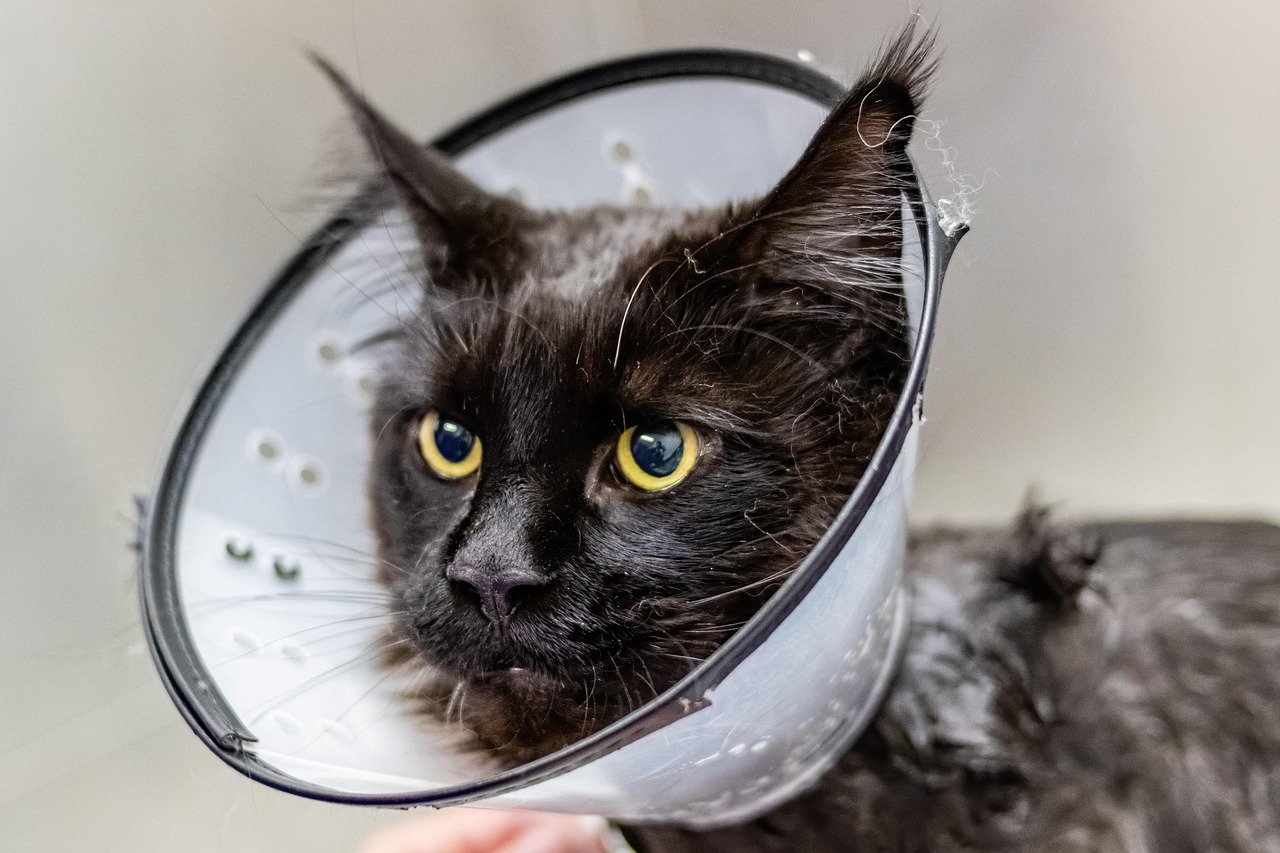
Grooming isn’t just about keeping your cat looking sharp; it’s a bonding experience and a source of reassurance. Regular brushing at set times each week lets your cat know what to expect and builds trust. Some cats may initially resist, but gentle persistence with treats and praise can turn grooming into a cherished ritual. Over time, these sessions help reduce shedding, prevent hairballs, and deepen your connection. Most importantly, they add another layer of predictability to your cat’s day.
Consistency in Litter Box Maintenance

A clean litter box is the cornerstone of feline comfort and cleanliness. Scooping and cleaning the box at the same times each day signals to your cat that their environment is safe and cared for. Dirty litter boxes can cause stress, leading to accidents elsewhere in the house. By sticking to a maintenance schedule, you show your cat that their needs matter and that they can rely on you. This consistency can work wonders for their sense of security.
Respecting Your Cat’s Alone Time

Just like people, cats need moments to themselves. Recognizing and respecting their alone time is crucial for their well-being. If your cat slips away to nap or simply observe the world, avoid disturbing them. Building predictable “quiet times” into the daily structure assures your cat that their boundaries will be honored. This respect strengthens your relationship and makes your cat more comfortable in their environment.
Creating Calm Morning Routines

The way your cat’s day begins sets the tone for everything that follows. A calm, predictable morning routine—feeding, a bit of play, and gentle petting—grounds your cat and helps them face the day feeling safe. Avoid loud noises or sudden changes during this sensitive time. When mornings are peaceful and consistent, your cat is more likely to be relaxed and sociable throughout the day.
Establishing Evening Wind-Downs
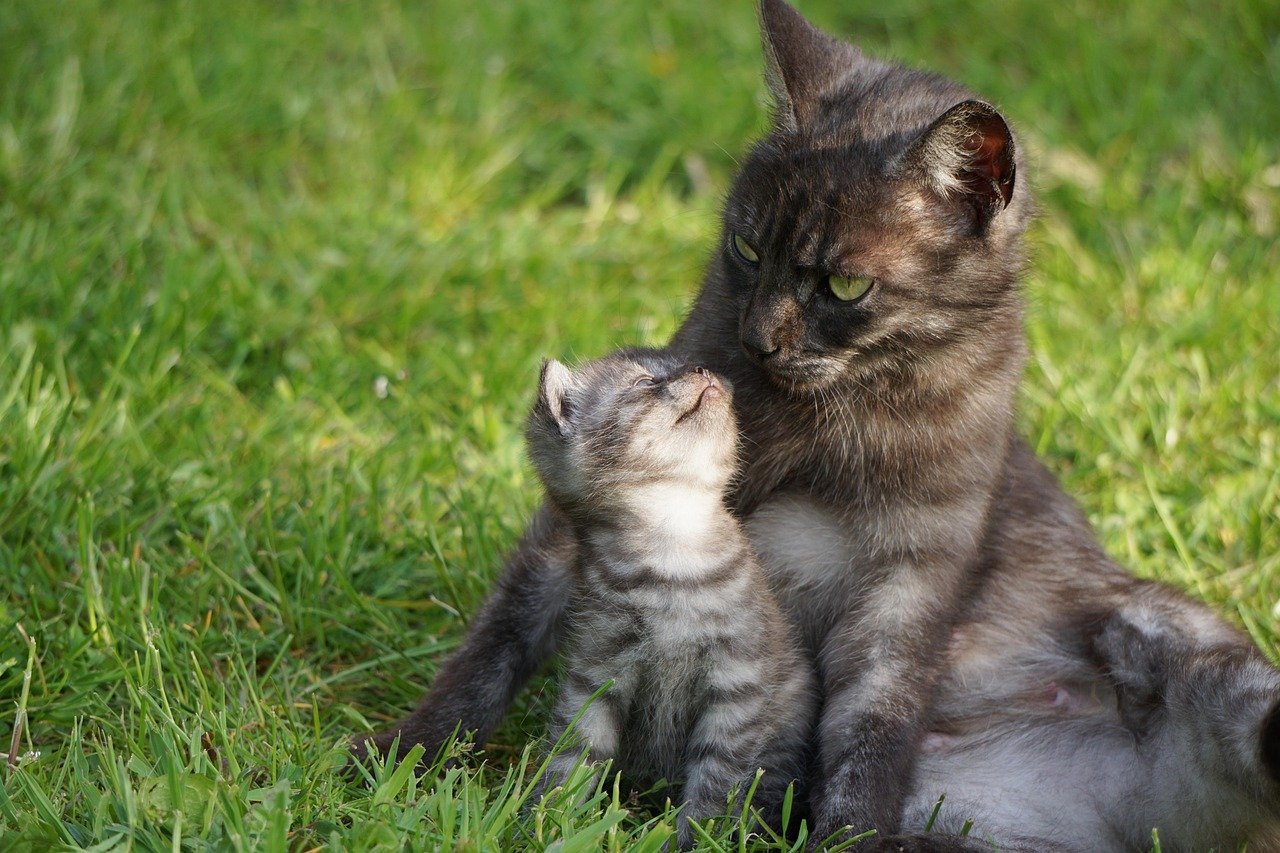
As daylight fades, cats look for comfort and security. A soothing evening routine—perhaps a final play session, followed by brushing, then a quiet cuddle—signals to your cat that it’s time to relax. Dimming the lights and keeping things calm tells your cat that the day is ending, reinforcing the sense of order. These rituals not only help your cat sleep better but also bring you closer together.
Introducing New Elements Gradually

Cats are wary of change, and sudden shifts can leave them feeling insecure. When adding something new—be it a toy, a bed, or even a new family member—introduce it slowly. Place new items in familiar spots and allow your cat to explore at their own pace. Gradual introduction helps prevent stress and ensures that changes become positive parts of the daily structure, not sources of anxiety.
Minimizing Loud Noises and Sudden Changes

Noise and chaos can shatter a cat’s sense of security. Household events like vacuuming, parties, or home repairs should be scheduled at predictable times, and your cat should have access to their safe spaces during these events. Keeping the environment as calm as possible, especially during times your cat expects peace, builds trust. Small adjustments—closing doors, playing soft music—can make a big difference.
Encouraging Positive Social Interaction

For many cats, social time with their humans is just as important as food or play. Setting aside moments each day for gentle petting, talking, or even just sitting together reassures your cat that they are loved. Regular interaction, especially at the same times, becomes a highlight of their day. Over time, these positive experiences anchor your cat’s daily routine and boost their confidence.
Managing Multiple Cats with Structure

Multi-cat households can be a delicate dance. Creating a daily structure that includes separate feeding areas, staggered playtimes, and multiple safe spaces prevents rivalry and stress. Rotating toys and providing individual attention helps each cat feel valued. With clear routines, even the most diverse group of cats can live together peacefully, each knowing that their needs are met.
Providing Environmental Enrichment
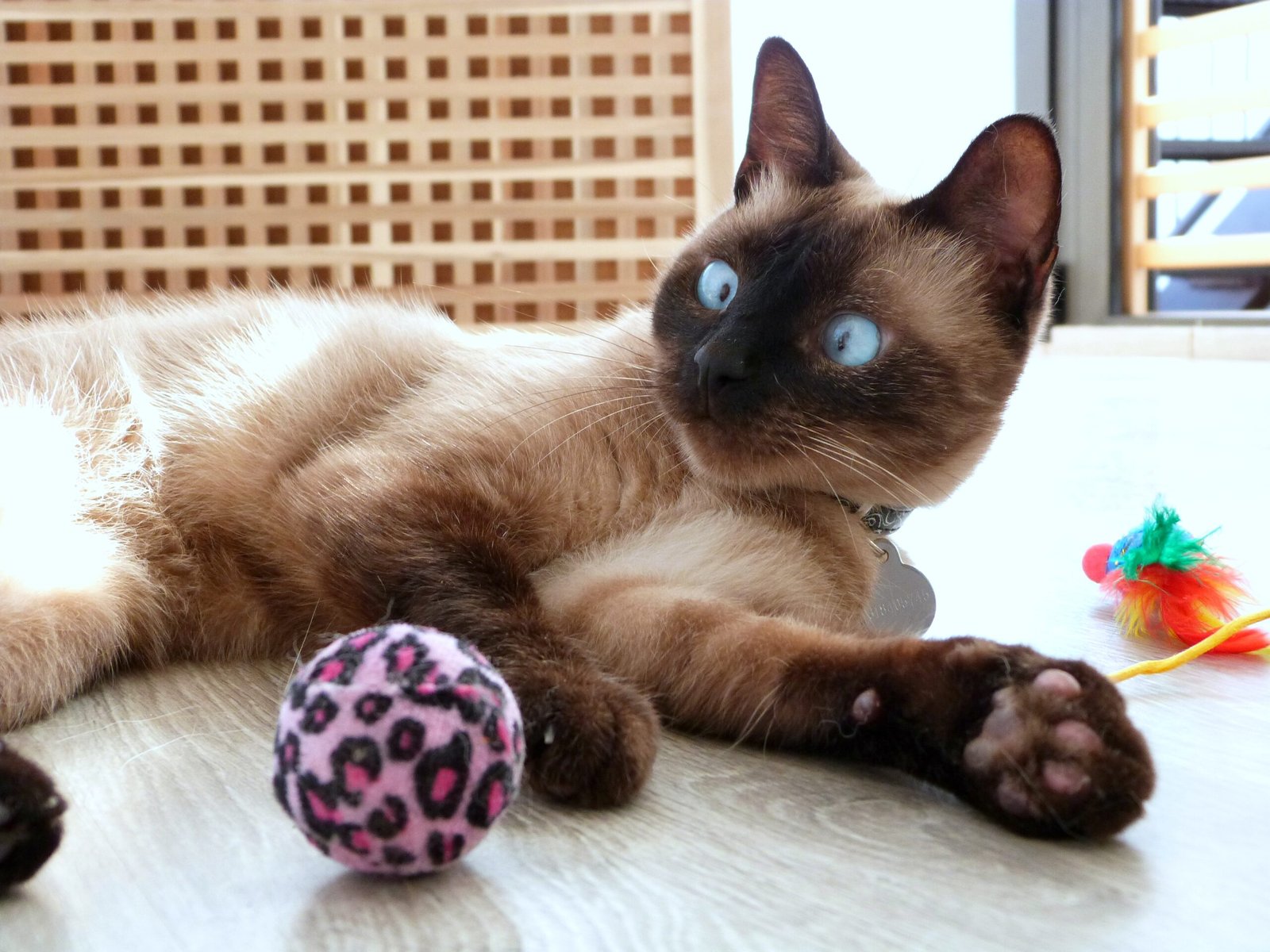
A structured day doesn’t mean a boring one. Rotating toys, setting up window perches, and offering puzzle feeders keep your cat’s mind engaged. Including these enriching activities in your daily schedule gives your cat something to anticipate, breaking up the monotony and sparking curiosity. Enrichment woven into routine transforms the home into an ever-interesting playground.
Responding Comfortably to Your Cat’s Cues

Cats communicate their needs in subtle ways—a flick of the tail, a quiet meow, a gentle nudge. Paying attention to these cues and responding consistently builds trust. If your cat asks for attention or signals they’re hungry at a certain time, honoring these requests reinforces the structure you’ve created. This two-way communication turns daily routines into a shared language between you and your cat.
Adapting Structure for Special Needs Cats

Elderly cats, kittens, or those with medical conditions require extra consideration. Flexible routines that accommodate medication schedules, mobility limitations, or dietary needs are vital. Adapting your daily structure to support their unique challenges ensures they feel included and safe. Even small adjustments—like extra soft bedding or more frequent, smaller meals—make a world of difference.
Managing Changes in Household Schedules

Life isn’t always predictable, and sometimes your routine will need to change. Prepare your cat for adjustments by making changes gradually and sticking to core elements of their day—like meal and play times—as much as possible. If you’re traveling or working different hours, enlist a trusted pet sitter who can maintain familiar routines. Consistency, even in the face of change, helps smooth transitions.
Using Scent and Familiar Objects for Comfort
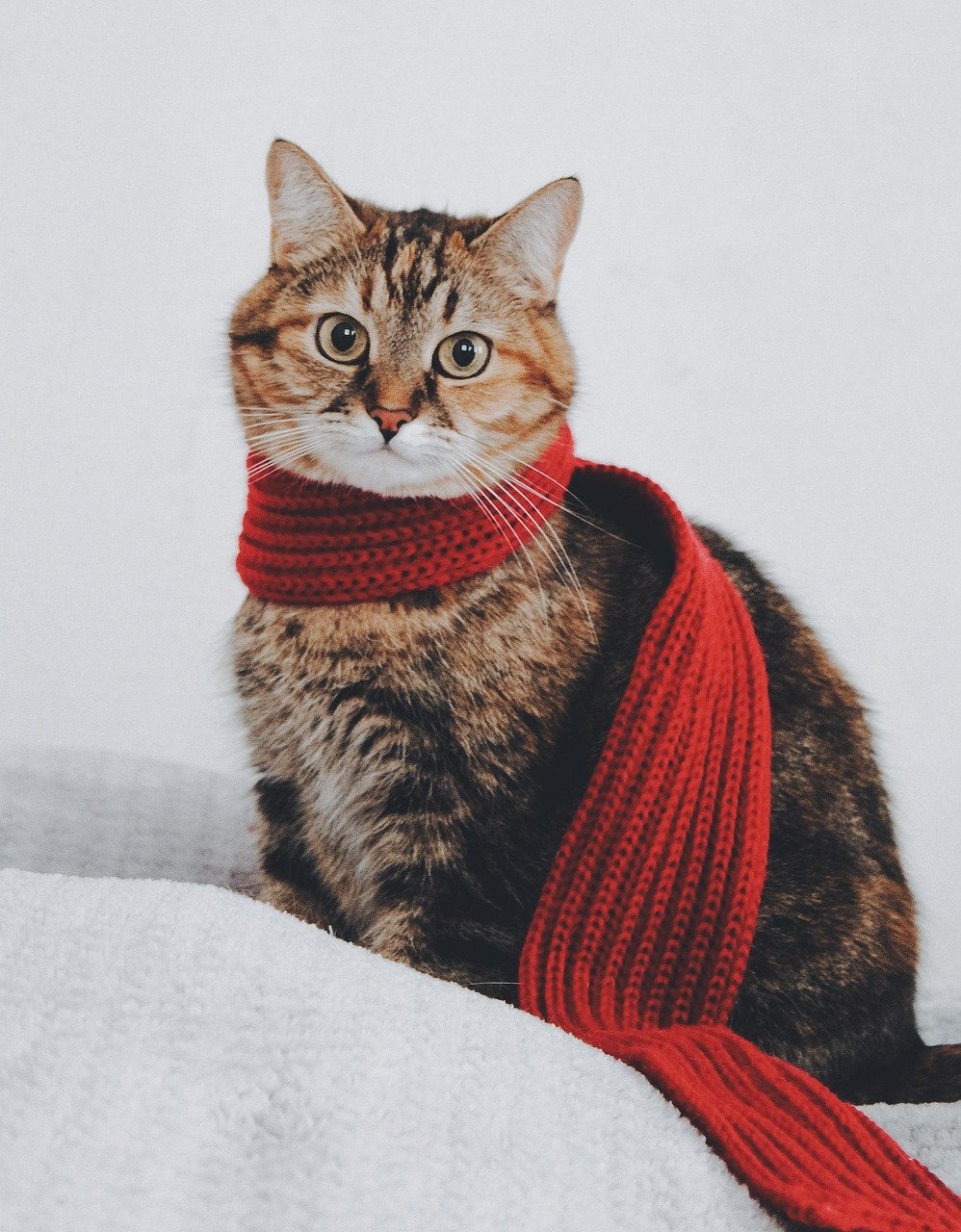
Cats rely heavily on scent for reassurance. Including items that carry their scent—blankets, toys, or bedding—in their safe spaces can soothe them. When introducing new environments, bringing familiar objects along provides a sense of continuity. Incorporating scent cues into your daily structure surrounds your cat with comfort, especially during stressful times.
Involving All Family Members in the Routine
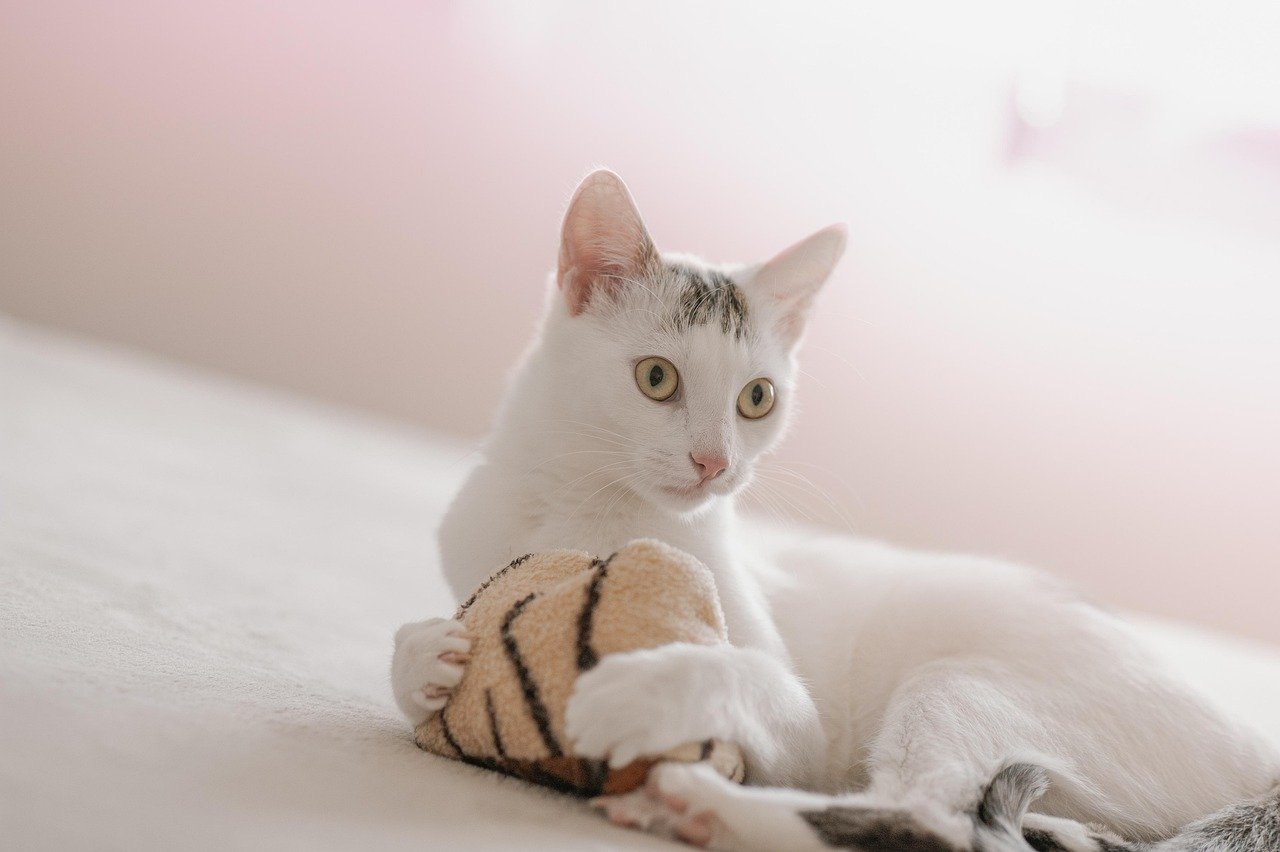
A safe and structured environment is a team effort. Educate everyone in your home—children and adults alike—about your cat’s routine and the importance of consistency. Assign tasks, like feeding or playtime, to make sure your cat receives predictable care from every family member. When everyone is on the same page, your cat feels truly at home and secure.
Keeping Track with a Cat Calendar

It might sound funny, but keeping a calendar for your cat’s routine can be incredibly helpful. Mark feeding times, grooming sessions, medication, and special events. A visual reminder keeps everyone accountable and helps you spot any lapses in structure. Over time, this schedule becomes second nature, making your cat’s life smoother and your bond stronger.
Celebrating Routine Successes

When you see your cat relaxed, playful, and affectionate, it’s a sign your structured routine is working. Celebrate these moments—snap a photo, give an extra treat, or simply bask in the joy of a content cat. Acknowledge the effort you’ve put in and the trust your cat has shown. Each day you stick to the routine, you’re building a foundation of safety and love that lasts a lifetime.
Hi, I’m Bola, a passionate writer and creative strategist with a knack for crafting compelling content that educates, inspires, and connects. Over the years, I’ve honed my skills across various writing fields, including content creation, copywriting, online course development, and video scriptwriting.
When I’m not at my desk, you’ll find me exploring new ideas, reading books, or brainstorming creative ways to solve challenges. I believe that words have the power to transform, and I’m here to help you leverage that power for success.
Thanks for stopping by, Keep coming to this website to checkout new articles form me. You’d always love it!






